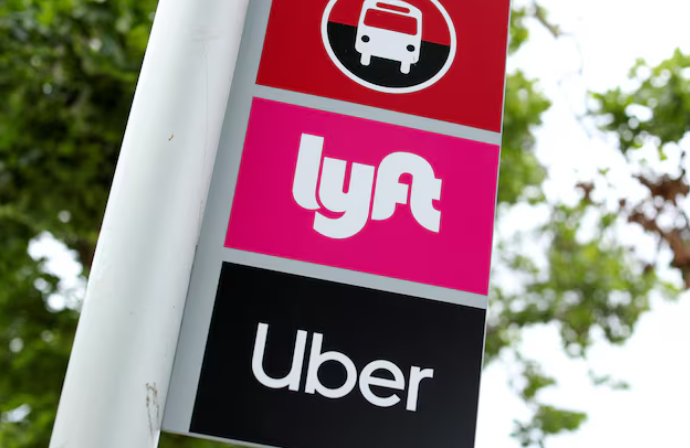The Supreme Court declined to hear Uber and Lyft’s challenge against lawsuits filed by the state of California. The state argues that the companies owe money to drivers misclassified as independent contractors instead of employees. The justices rejected the appeals following a California state appeals court ruling that allowed the Democratic-led attorney general and labor commissioner to pursue the claims.
Uber and Lyft maintain that federal law prevents states from suing on behalf of anyone who signed agreements mandating private arbitration for legal disputes. This issue affects over 60 million U.S. workers and nearly all consumers who accept company terms or register for services.
Theane Evangelis, Uber’s lawyer, stated in an email that the California court’s ruling was incorrect and expressed hope that the Supreme Court would address the matter in a future case.
California filed separate lawsuits against Uber and Lyft in 2020. In 2023, a state appeals court ruled against the companies, and the California Supreme Court later declined to hear their appeals.
California joins other Democratic-led states in accusing Uber and Lyft of depriving drivers of minimum wage, overtime pay, reimbursements for expenses, and other protections by labeling them as independent contractors. Most federal and state wage laws apply only to employees, making it cheaper for companies to hire contractors.
Uber and Lyft deny that they employ gig workers, arguing that these drivers benefit from the flexibility that contracting offers. The industry has lobbied for state ballot measures that would allow companies to treat workers as contractors while providing certain benefits. In July, California’s top court upheld such a measure, which Uber and Lyft supported and voters overwhelmingly approved in 2020.
In June, Uber and Lyft agreed to implement a $32.50 hourly minimum pay standard for drivers in Massachusetts and to pay $175 million to settle a lawsuit alleging improper treatment of drivers as independent contractors.
Thousands of U.S. drivers have sued Uber and Lyft, claiming they deserve employee status. However, many of these cases have ended up in arbitration due to the arbitration agreements most drivers signed.

